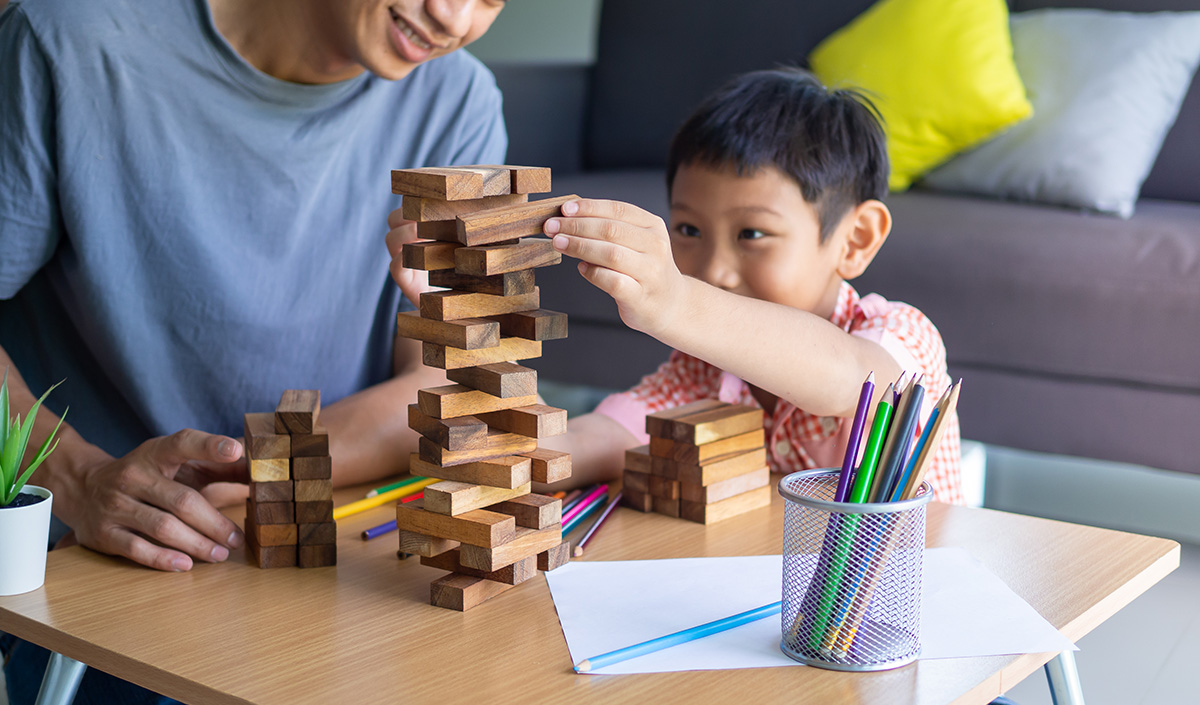
If you’re reading this, then you’ve probably looking to help your child focus. It’s no secret that children have short attention spans. They can be easily distracted and often have trouble focusing in the classroom, especially when they’re young. But, parents are getting concerned about their child’s lack of focus in school. After all, if they have trouble paying attention while in class, they’ll miss out on a lot of their learning. The question is – how can they address their child’s concentration problem and focus issues? Well, you’re in luck, because we’ve compiled some of the answers for you! In this article, we’ll cover 5 tips on how to help your child focus. By reading these tips, you’ll be more prepared to deal with your child’s ability to focus and improve their concentration in class!
1. Try a different studying approach
If your child have problems concentrating at the task at hand, you can try to find a more enjoyable way for them to study. For example, if your child find studying math to be boring, try considering a fun math learning app like Practicle. Practicle makes studying math more fun for primary school children by having them learn through an interactive game with pet avatars and daily quests. This way, children won’t struggle with focusing because they’ll think they’re playing instead of learning.
2. Space out their studying into short sessions
Instead of trying to increase your child’s short attention span, try using it to your advantage by dividing their studying into short sessions. For example, you can have your child study for 15 minutes every day. Yes, it’s not a lot, but 15 minutes of full concentration is much better compared to an hour of unfocused studying, don’t you think? The shorter study session makes it less likely for your child to give up midway and more motivated to get their studies done. It’s also a nice amount of time that you can fit into any time of the day.
3. Clear all distractions from your child’s study space
Children are easily distracted by the most random of things, so let’s reduce that chance by clearing out any possible distractions. For example, if your child is studying near a TV, then they’re more likely to want to watch TV more than studying. And if your child is equipped with coloured markers, then they can lose focus by doodling on their work. So, try to find a study space that can fully support your child’s studies. Clear out any possible games or devices that they can play with and only give them study supplies that won’t distract them. It’s also good for parents to be their themselves to supervise their studying.
4. Take care of your child’s biological needs
It’s hard for your child to focus when they’re exhausted or hungry. Making sure that they are well-rested will make it easier for them to pay attention. It’s also important to focus on your child’s development at this stage. In addition, take note of the time of the day when you notice your child getting restless. Once you can figure out their “prime time”, you can plan their routine to fit their studying schedule.
5. Turn studying into a fun challenge
In order to have your child’s full concentration, try to make studying into something they’re actually interested in. For example, if your child likes to play games, then set out small goals with some prizes to get them invested. You can also make quizzes more fun by pretending to be a game show host and testing your child. Use your own creativity to make studying a happy memory for your child.
Help your child focus with Practicle!

It’s normal for children to lose focus while studying, but with these 5 tips, parents can be more prepared in helping their child focus and concentrate! If you want to help your child study Math in particular, you can consider using Practicle! Our gamified math app uses AI to personalize your child’s learning experience by giving out questions that suit their math understanding. Our app also allows for your child to study math consistently every day with daily quests and prizes. You can try our 7-day trial to find out more!
